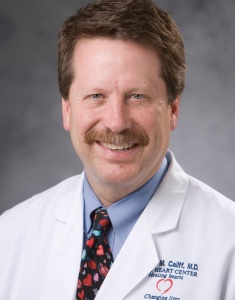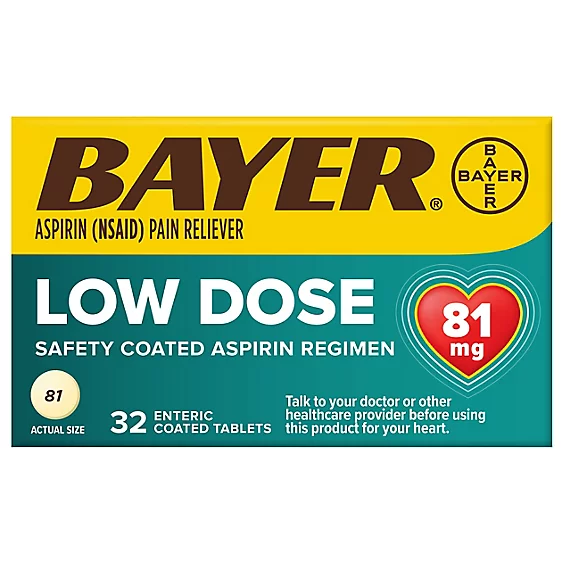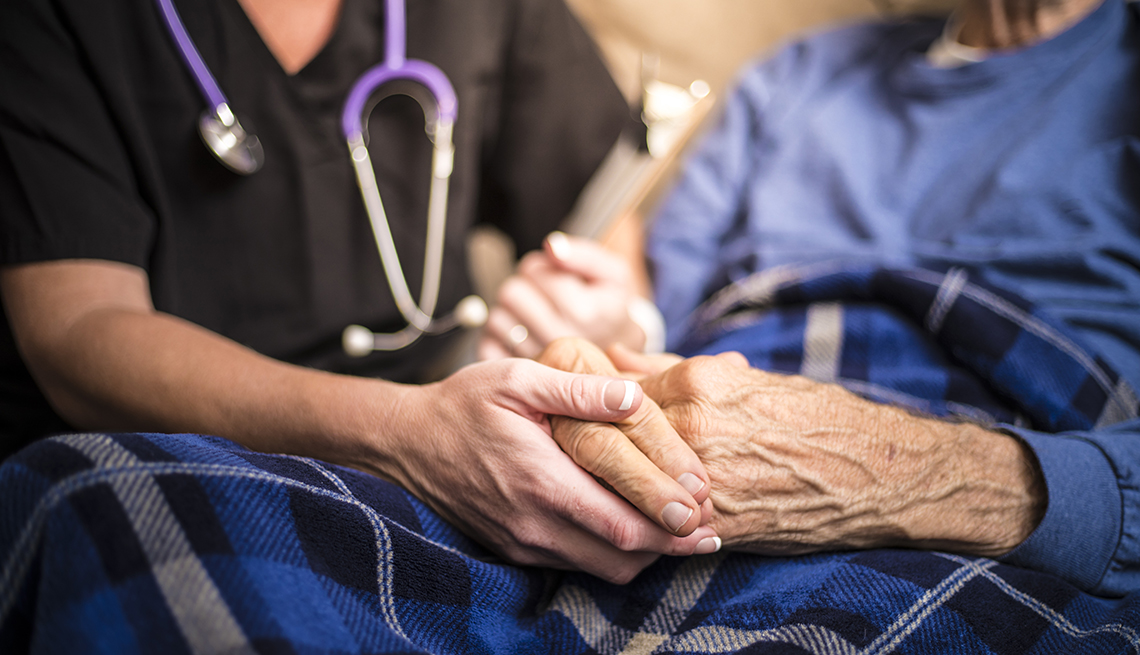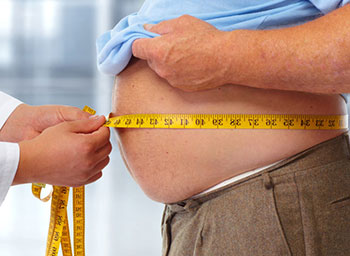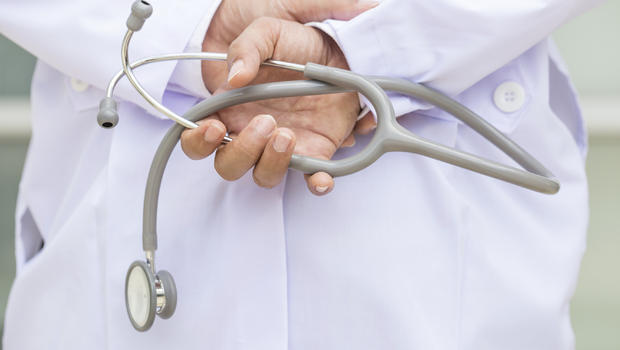AARP The Magazine had some amazing stories in its October/November 22 issue regarding innovations in health care. One new device on the market is a “smart stethoscope†which can detect even the slightest heart murmur. “Five to 10 percent of people we screen have some sort of valvular heart disease or atrial fibrillation,†Dr. Antoine Keller, a cardiothoracic surgeon and co-founder of HeartSense, told AARP The Magazine. “This stethoscope allows doctors to identify heart murmurs before they can be heard,†he said. Heart-valve disease affects 8.5% to 13.2% of adults over the age of 65 so early detection is critical.


